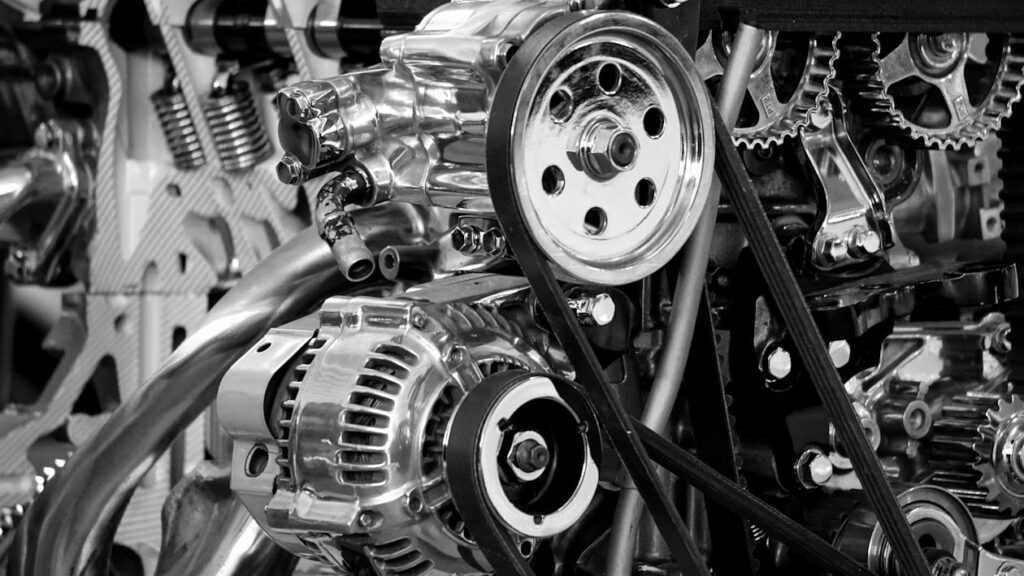Hungarian-German Trade: Analysis and Risks
This is an old post. Information may be outdated.

Germany is one of Hungary’s most important trading partners, however, due to the different sizes of the economies, the Hungarian economy is dependent on the level of German economic development.
Bilateral Trade Volume: 2019: 94.5 billion EUR, 2020: 84.1 billion EUR (decreased due to the COVID-19 pandemic),2021: 97.8 billion EUR (growth due to the post-pandemic recovery), 2022: 105.3 billion EUR, 2023: 110 billion EUR
Hungarian Exports to Germany: 2019: 44.2 billion EUR, 2020: 38.8 billion EUR, 2021: 46.5 billion EUR,2022: 51.2 billion EUR, 2023: 55 billion EUR.
Hungarian Imports from Germany: 2019: 50.3 billion EUR, 2020: 45.3 billion EUR, 2021: 51.3 billion EUR, 2022: 54.1 billion EUR, 2023: 55 billion EUR.
Trade Balance: 2019: -6.1 billion EUR, 2020: -6.5 billion EUR, 2021: -4.8 billion EUR, 2022: -2.9 billion EUR, 2023: Balanced.
Impact of a Weaker German Economy:
Shrinking demand: The German economy’s weakening could lead to a contraction of the Hungarian export market, potentially decreasing production and employment in Hungary.
Price decline: Reduced demand in Germany could cause prices of Hungarian export products to fall, resulting in lower Hungarian export revenues.
Weaker euro: The weakening of the German economy could lead to a weaker euro, making it harder for Hungarian exporters to compete in international markets.
Investment decline: The weakening of the German economy could lead to a decline in investments in Hungary, which could slow down the growth of the Hungarian economy.
MNB Study on the Hungarian Economic Exposure to the German Automotive Industry:
Published: November 2023
Key findings:
4.5% of Hungarian GDP comes directly from activities related to the German automotive industry.
10% of the Hungarian workforce works in sectors related to the German automotive industry.
The German automotive industry accounts for 20% of Hungarian exports.
Identified risks:
The transition to electric vehicles in the German automotive industry could cause labor market tensions in Hungary.
Disruptions in global supply chains could severely affect the Hungarian automotive industry.
A recession in Germany could significantly reduce Hungarian exports.
Recommendations:
Diversification of the Hungarian economy towards sectors outside the German automotive industry.
Preparing the Hungarian workforce for the needs of the electric vehicle industry.
Stimulating research and development in Hungary in the field of automotive industry.
Conclusion:
The Hungarian economy is significantly dependent on the German automotive industry, and this dependency entails risks. The weakening of the German economy could have a negative impact on the Hungarian economy, leading to a decrease in production, employment, and export revenues. The Hungarian government should take steps to diversify the economy and prepare the workforce for the changes in the automotive industry.
References:
https://hitelintezetiszemle.mnb.hu/letoltes/rechnitzer-janos-hausmann-robert-toth-tamas.pdf